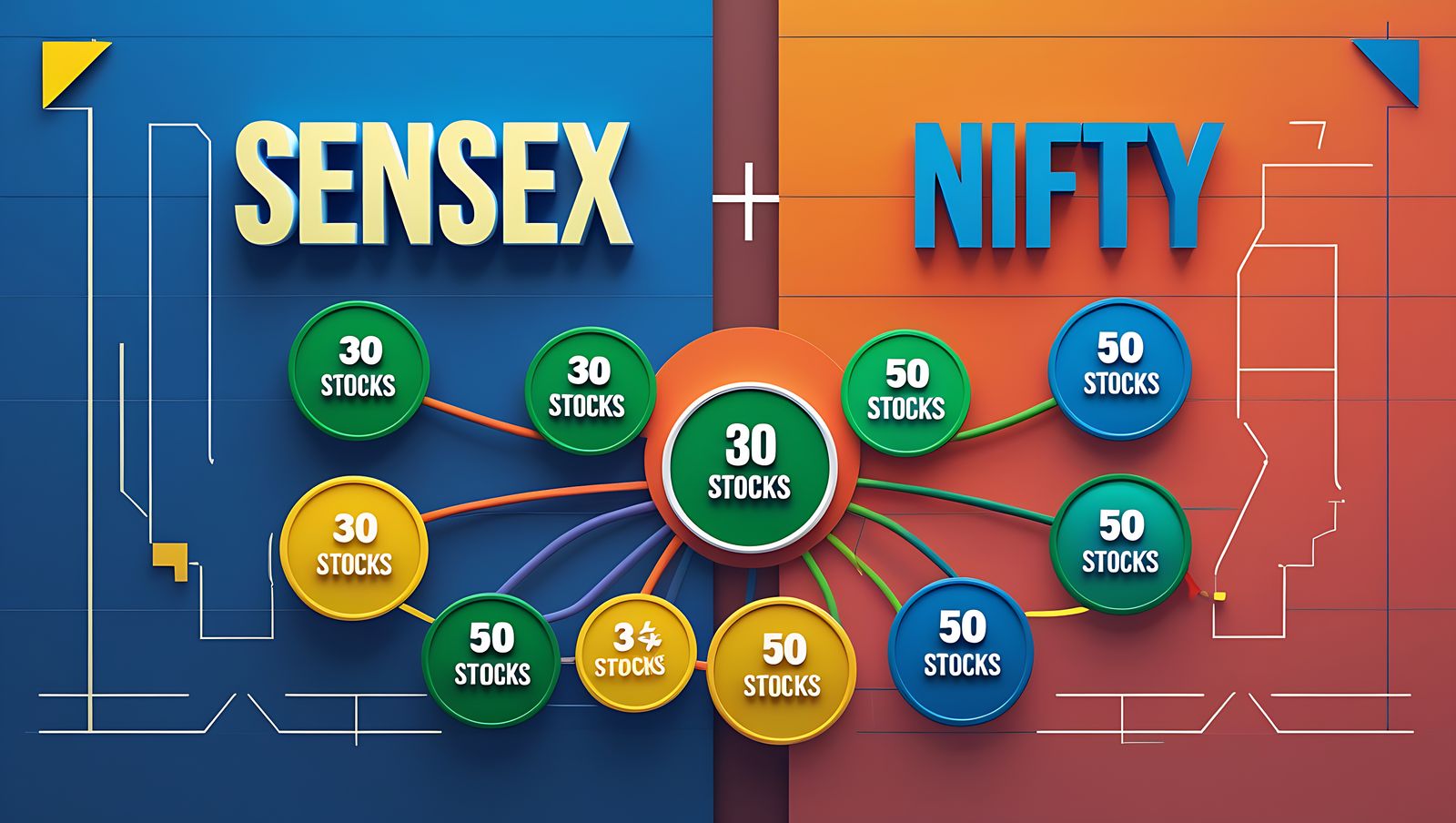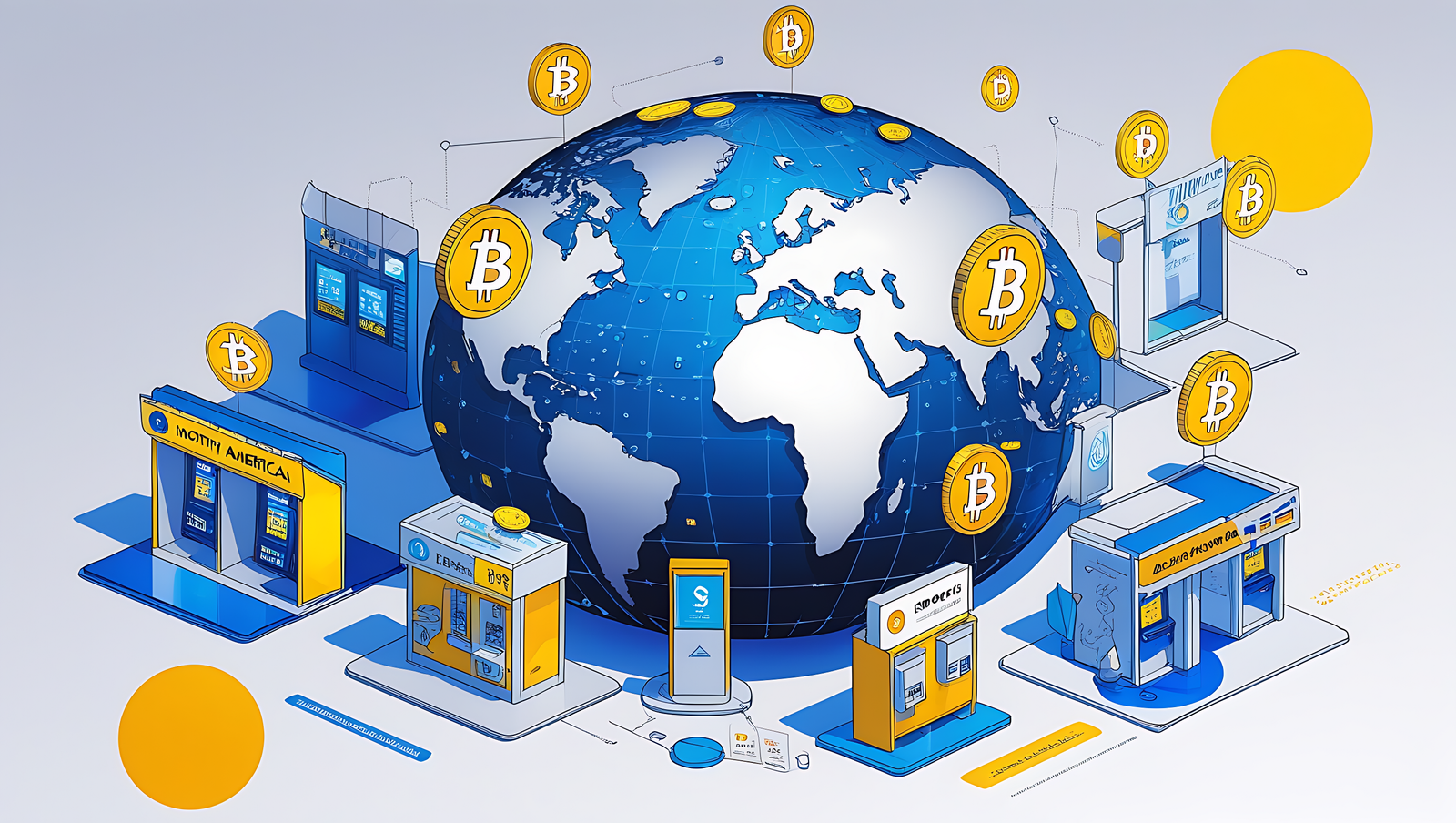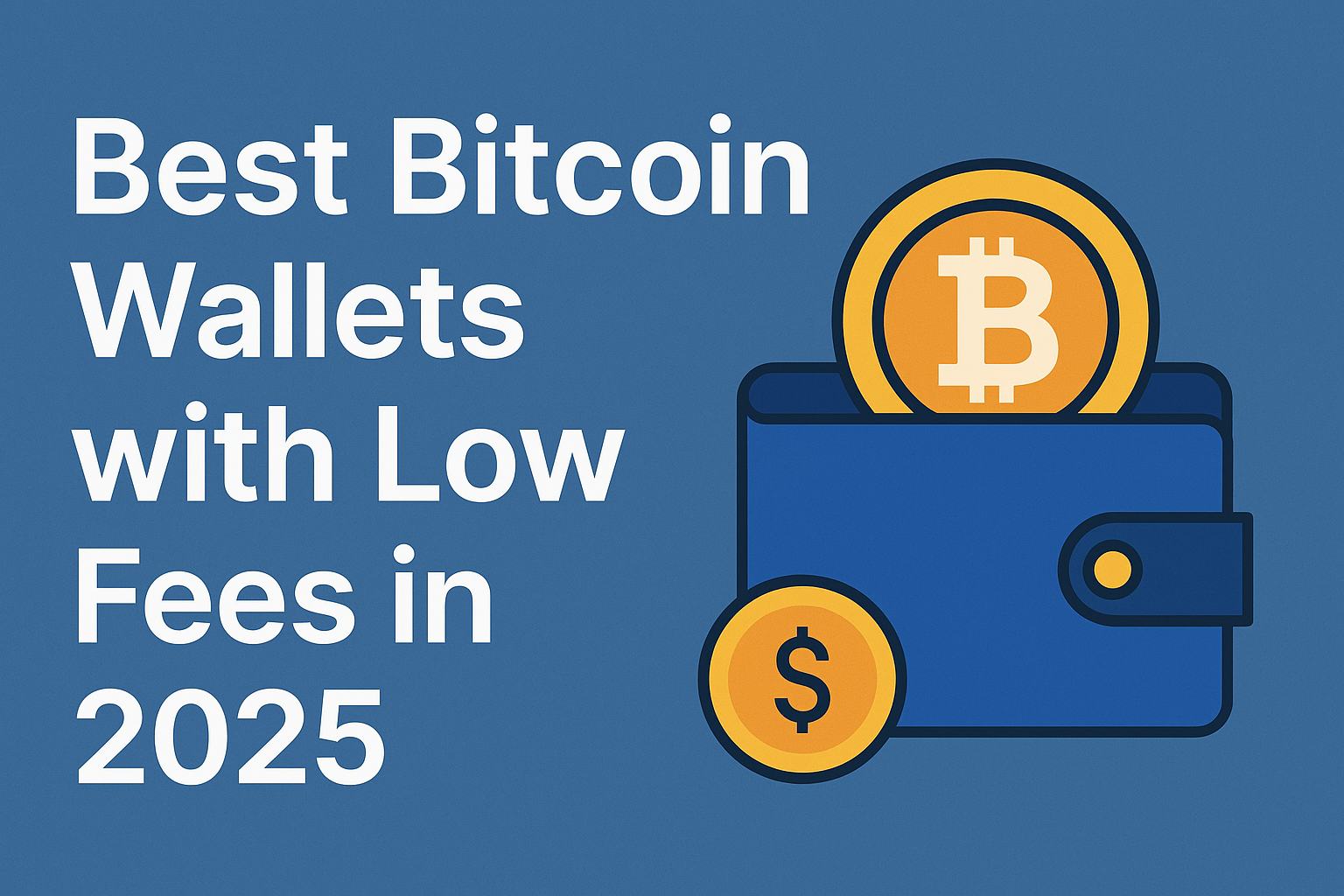Bitcoin Adoption by Retailers in 2025: Is the Future Already Here?
In 2025, the retail world is changing fast — not only because of AI, automation, or e-commerce developments, but also because of a quieter revolution: Bitcoin adoption. What was a niche digital experiment a few years ago is slowly becoming part of normal commerce today.
Here we discuss the use of Bitcoin adoption by stores in 2025, the explanations for this turn, major market drivers behind the change, positives and negatives, and its implication for both the consumer and corporation.
The Growing Trend: Why Retailers Are Turning to Bitcoin
Bitcoin is no longer an investment vehicle — it’s becoming a form of payment. Merchants in 2025 are ever more frequently viewing Bitcoin as a viable, even essential, substitute for fiat currencies.
Key Drivers:
Global e-commerce expansion: Bitcoin provides a frictionless payment mechanism.
Reduced transaction costs (relative to credit cards and banking networks).
Simplified settlements: Particularly useful for cross-border transactions.
Appeal to technology-oriented and youth populations.
Hedge against fiat inflation in certain nations.

Which Retailers Are Accepting Bitcoin in 2025?
To date, a combination of large and specialty stores have come aboard the crypto bandwagon. Far from universal, the list is expanding on a monthly basis.
Prominent Stores Accepting Bitcoin:
Overstock—One of the very first to board, still thriving.
Newegg will accept Bitcoin for computers and electronics.
Twitch will accept Bitcoin for subscriptions and support.
High-end retailers such as Gucci and Tag Heuer have started to pilot Bitcoin payments in mainline stores.
Shopify and WooCommerce plugin-using small businesses and e-commerce merchants are increasingly taking crypto.
Increasing numbers are accepting crypto via third-party payment processors such as BitPay, Coinbase Commerce, and Strike.
How Are Retailers Accepting Bitcoin?
You don’t have to be a crypto expert to start. Here’s how it’s done:
Common Methods:
Payment processors such as BitPay instantly convert Bitcoin to fiat.
The Lightning Network enables quicker, more affordable microtransactions.
POS or online checkout page wallet integrations.
It’s easy and risk-free for the retailer, particularly those wary of Bitcoin’s volatility.

Benefits of Bitcoin Adoption for Retailers
Accepting Bitcoin is more than just a hip gesture — it’s an actual business advantage:
Wider Customer Reach:
Retailers gain access to an international, digitally savvy shopper interested in spending cryptocurrency.
Lower fees:
Traditional credit card transactions involve 2–3% fees, while Bitcoin can cut that significantly.
Faster Payments:
Bitcoin allows near-instant settlement, unlike credit cards that take days.
Marketing Edge:
Accepting Bitcoin often garners free media attention, especially among crypto communities.
Challenges and Concerns Retailers Face
Despite its benefits, Bitcoin adoption is still not widespread. Here’s why:
Volatility:
Price fluctuations make some retailers cautious about holding Bitcoin.
Regulatory Uncertainty:
Crypto taxation and regulation differ by country and may be challenging to understand.
Technical Integration:
Not all small businesses have the technical infrastructure or staff to accommodate crypto.
Consumer Usage:
While more people own crypto, everyday spending in Bitcoin remains relatively niche.
Regional Trends: Bitcoin Retail Adoption Around the World
United States:
At the forefront of retail Bitcoin adoption, particularly among online stores and high-end brands.
El Salvador:
As the initial nation to recognize Bitcoin as legal tender, it’s widely accepted by many companies — even on street corners by vendors.
India:
Gradual but increasing interest, with startups and crypto-accepting cafes exploring waters despite regulator prudence.
Europe:
Liberalizing laws in nations such as Switzerland and Germany have promoted Bitcoin adoption.

the Future Holds for Bitcoin in Retail
By 2025 year-end, we may witness:
Increasing numbers of mainstream retailers are jumping into the trend.
Integration with Web3 and NFTs for loyalty programs.
Gift cards and debit cards backed by bitcoin are becoming increasingly popular.
Richer mobile wallet experiences with cryptocurrency support.
Early adopters among retailers can potentially enjoy a first-mover benefit in the next generation of digital retail.
Final Thoughts: Is Bitcoin Going Mainstream in Retail?
Bitcoin usage among retailers in 2025 isn’t a trend — it’s the start of an even wider move toward decentralized finance. As challenges exist, the convenience, worldwide scope, and cultural importance of Bitcoin make it difficult to dismiss.
For consumers, it’s an indicator that the future of money is becoming part of our everyday world — one purchase at a time. For retailers, this can be the best time to search and test.
















